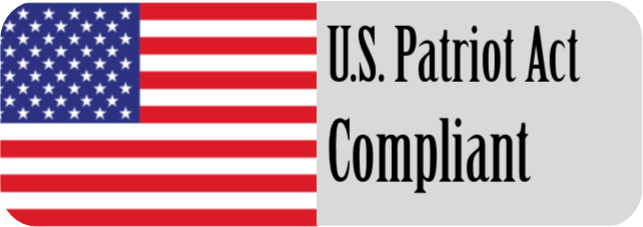Loans for Disabled People: Types and Opportunities
People with disabilities may have a low income or be unable to work, which can make it challenging for them to get a loan. They might also encounter discrimination or other barriers when attempting to receive financial services. Through the provision of easily accessible and reasonably priced financing options, loans for disabled individuals seek to address these problems.
Disability-related loans are intended to assist persons who might have trouble accessing conventional financial products because of their condition. These loans are often offered by government initiatives, charitable foundations, or niche lenders.
Private Loans For Disabled People
Traditional lenders are not always ready to provide loans to people with disabilities. However, the private lending sector is more loyal. There are several types of private loans available for disabled people.
Personal Loans
A personal loan is a long-term financial product that offers a fairly large loan amount, up to $50,000, for a long term, up to 64 months. Personal loans are most often unsecured. However, for those with bad credit, there are also secured personal loans, meaning you'll need collateral to get one. The advantage of these loans is that they often have lower interest rates and are more affordable for people with bad credit scores.
These loans can be used for a variety of purposes, for example, medical expenses, home modifications, and assistive technology. Personal loans typically have fixed interest rates and repayment terms. Nevertheless, borrowers may be required to provide proof of income and creditworthiness.
Payday Loans
A payday loan is one of the easiest ways to borrow money. Most often, payday lenders have fairly low requirements and are willing to work with people whose credit score is low.
Payday loans are short-term unsecured loans. A small amount is available for a loan, most often up to $500 for a short term (two weeks or a month). It is worth remembering that interest rates on such loans are much higher than on personal loans, for example.
Peer-to-Peer Loans
Peer-to-peer loans, commonly referred to as P2P loans, are a method of financing that bypasses conventional financial institutions like banks and links borrowers and private investors directly. Due to their restricted income or bad credit, people with disabilities may find P2P loans to be an appealing alternative to traditional lenders. Borrowers may have quick access to funds with P2P loans, which often have flexible payback terms and competitive interest rates.
However, it's crucial to keep in mind that P2P loans could still need a strong credit history and proof of income, and before applying, borrowers should carefully assess the fees and dangers involved.
Medical Loans
Medical loans are a sort of finance that can assist people with disabilities in paying for medical costs, such as those associated with procedures, treatments, and equipment. If you don't have insurance or have a high out-of-pocket cost, these loans can be a good alternative for you.
Medical loans may have longer repayment durations to make monthly payments more reasonable and often have lower interest rates than credit cards and other types of borrowing.
Loan Program For Disabled People
The Plan to Achieve Self-Support (PASS) program of the Social Security Administration (SSA) is an example of a lending program for disabled persons. Through this program, people with disabilities can set away money and assets for a particular objective, like starting a small business or buying assistive technology. To help the person reach their goal, the money saved aside might be used as collateral for a loan.
Another example is the Disability Loans and Grants program, which offers cash for devices such as assistive technology to enable impaired people to live more independently. This program also provides loans for house improvements like bathroom remodeling or wheelchair ramps.
Additionally, nonprofit organizations like the National Disability Institute offer loans and financial counseling to people with disabilities. These organizations might provide low-interest loans or assist consumers in creating a repayment strategy that works for their particular set of circumstances.





